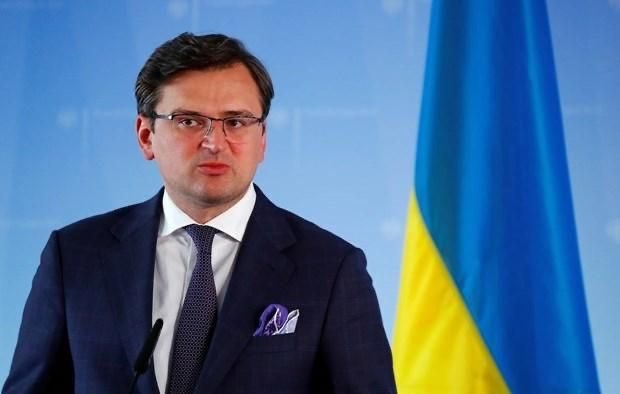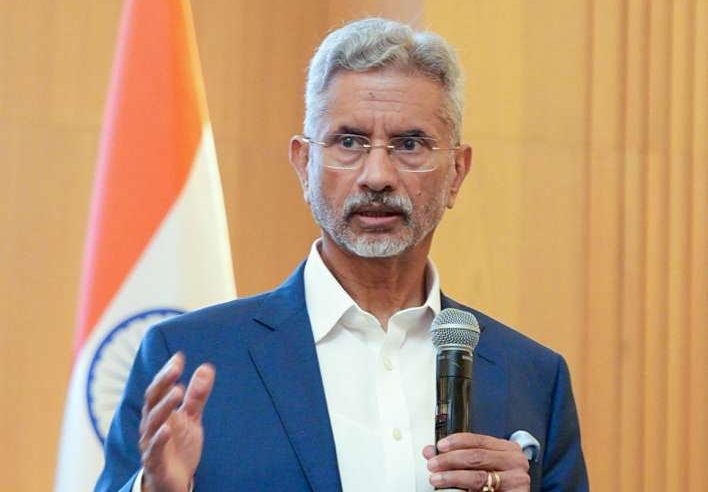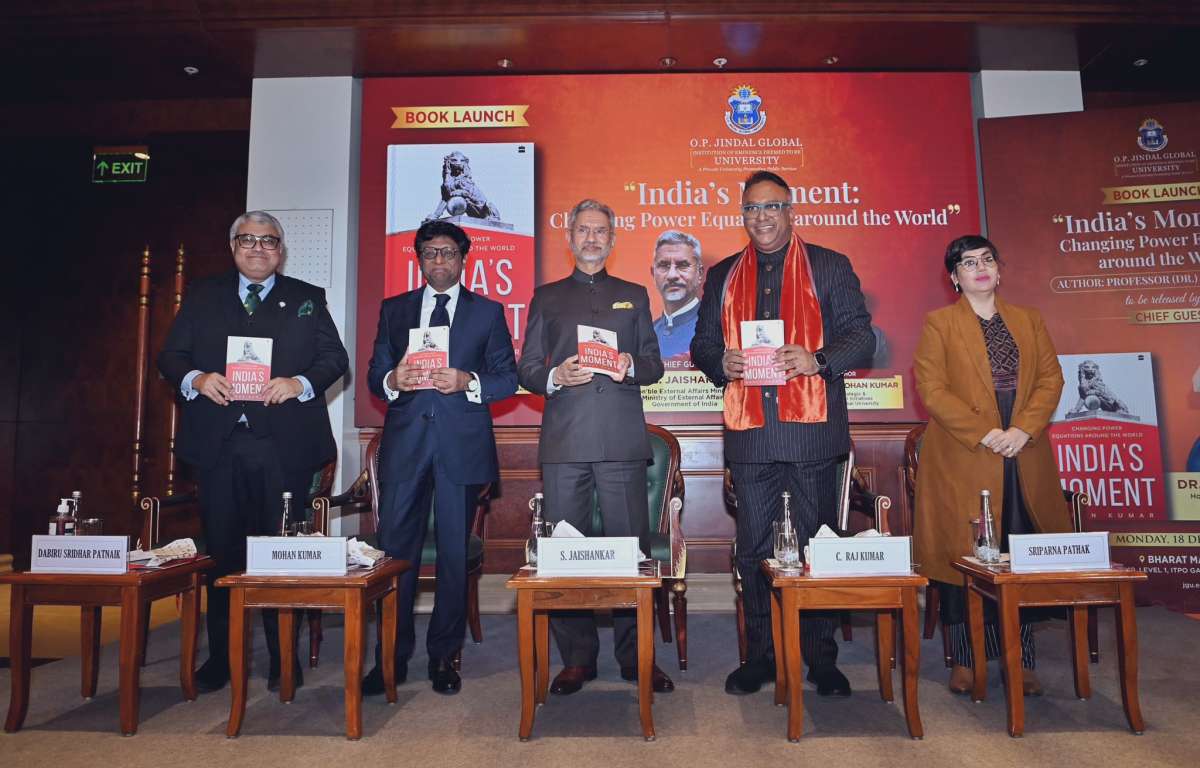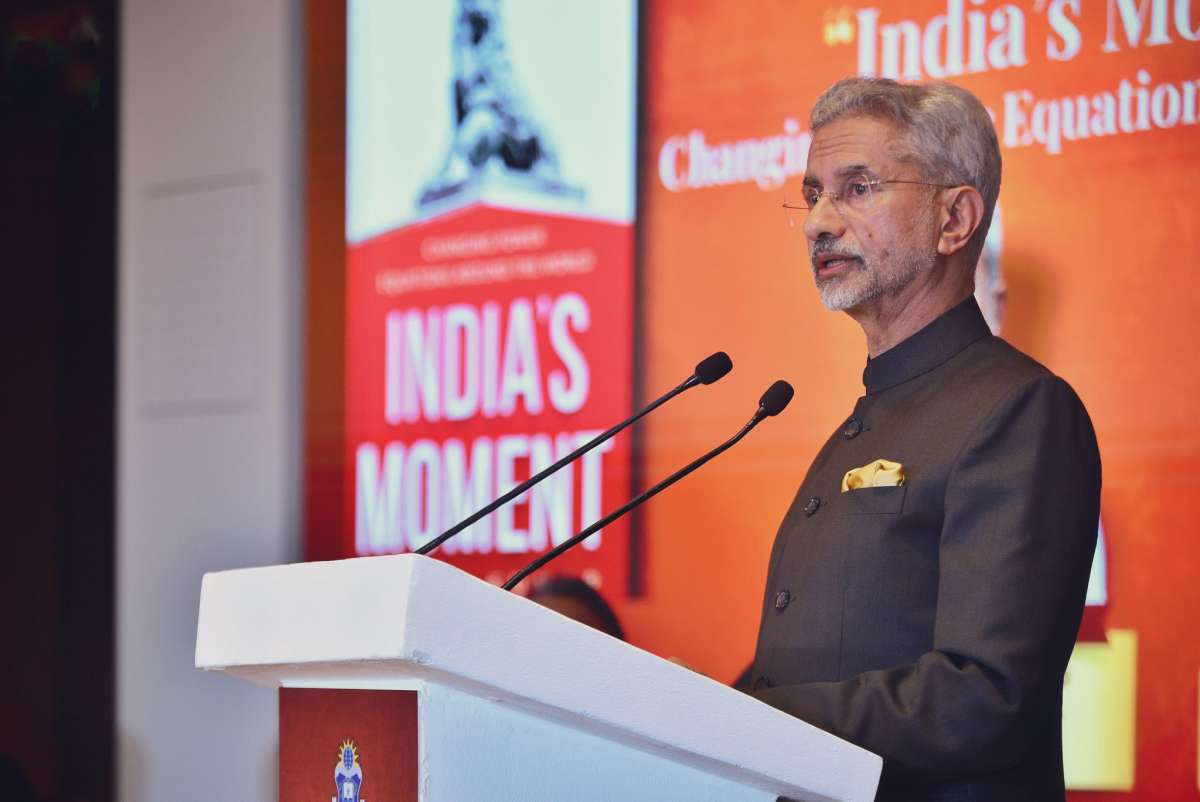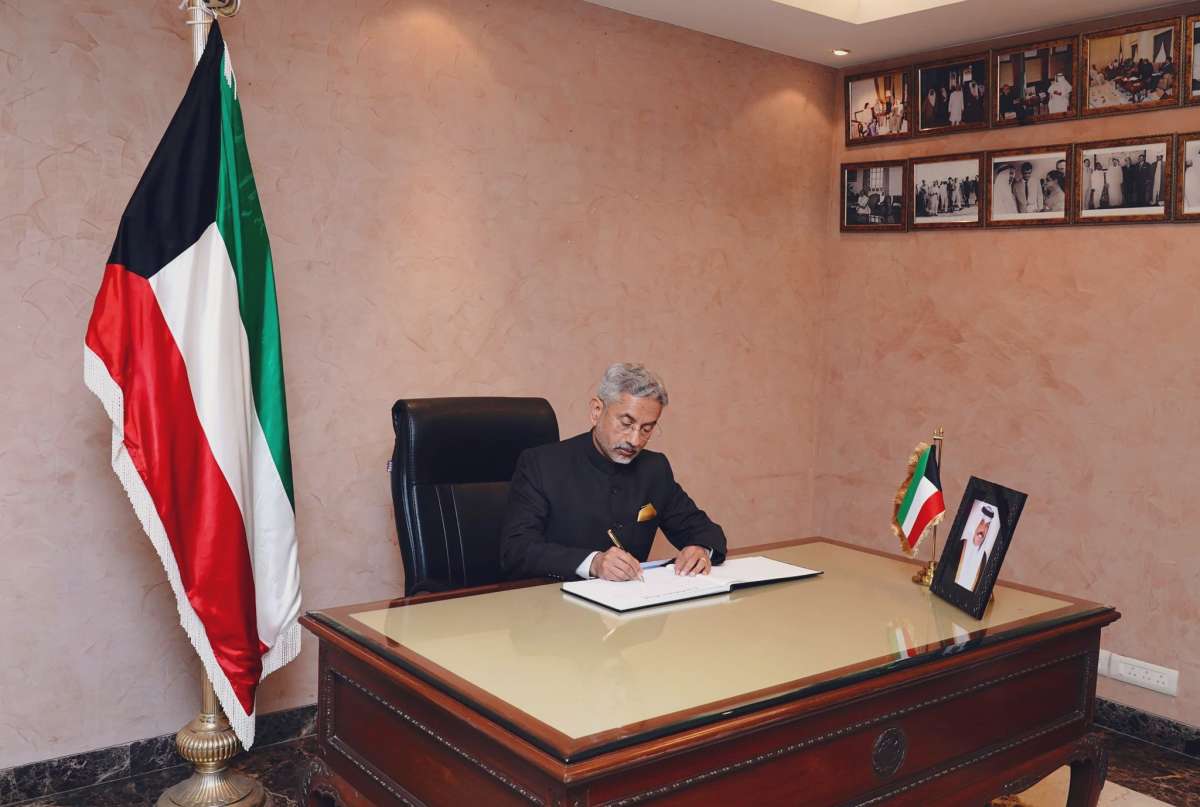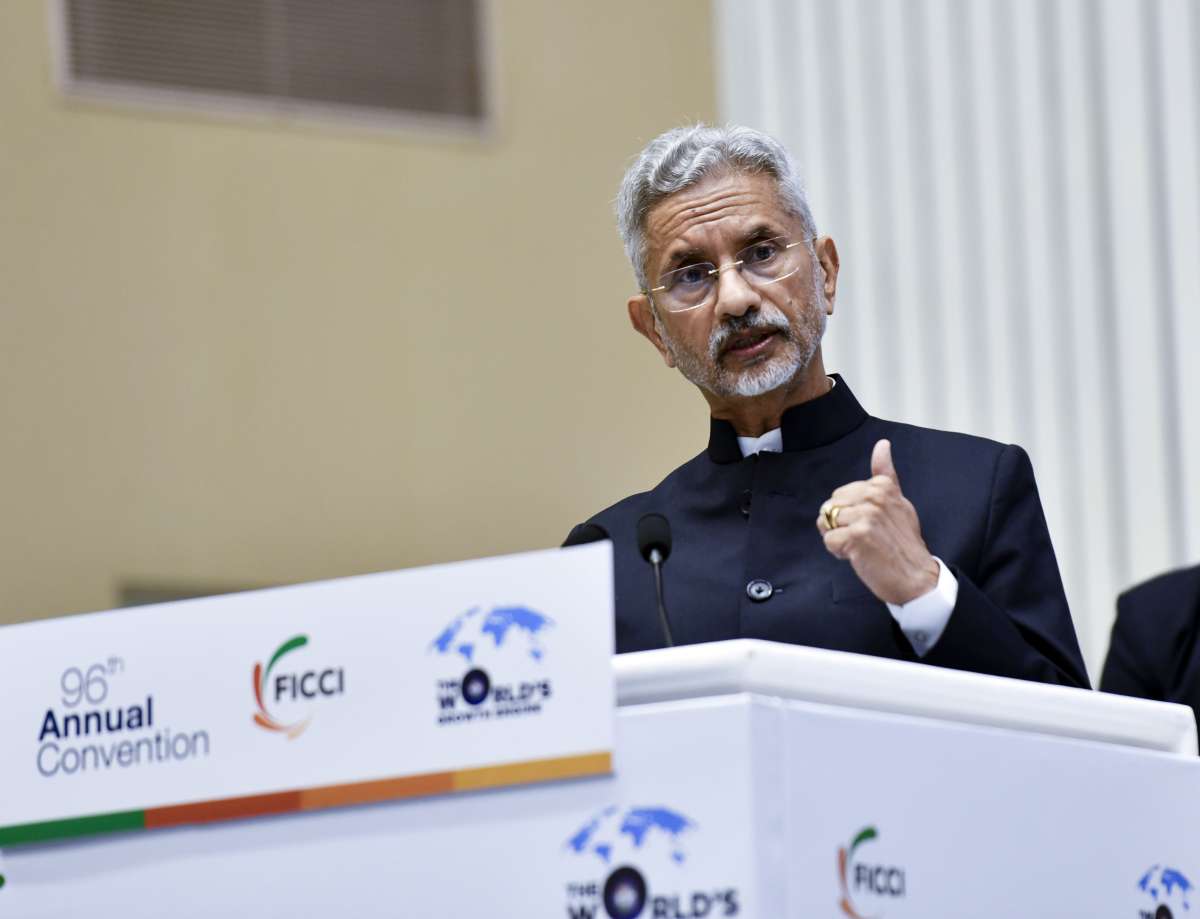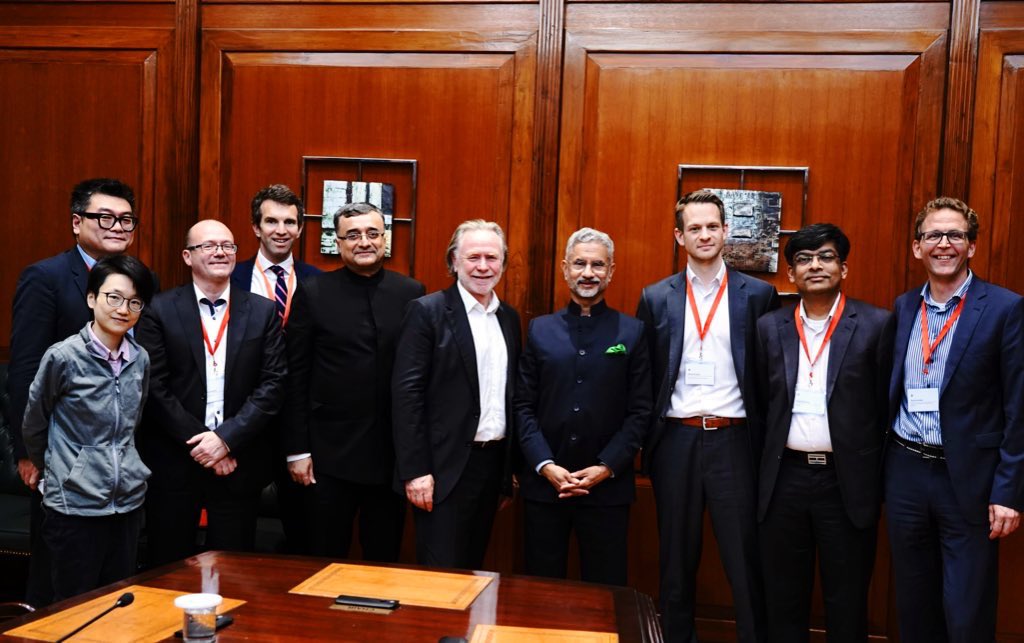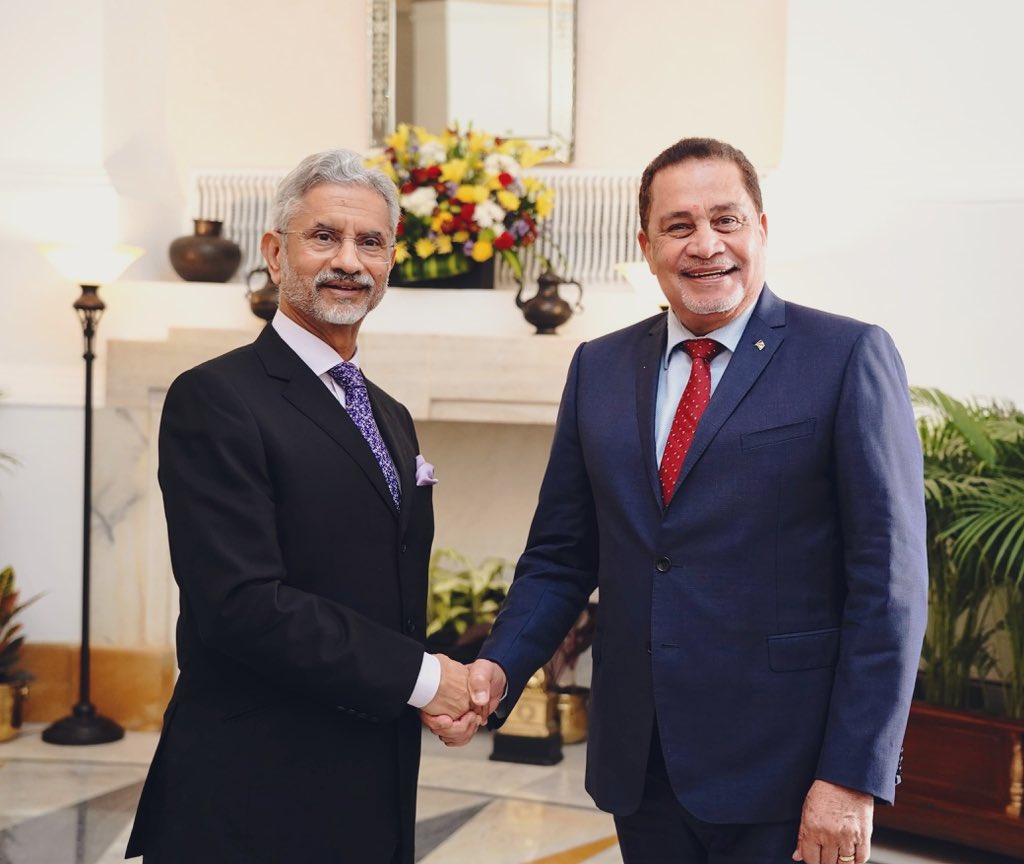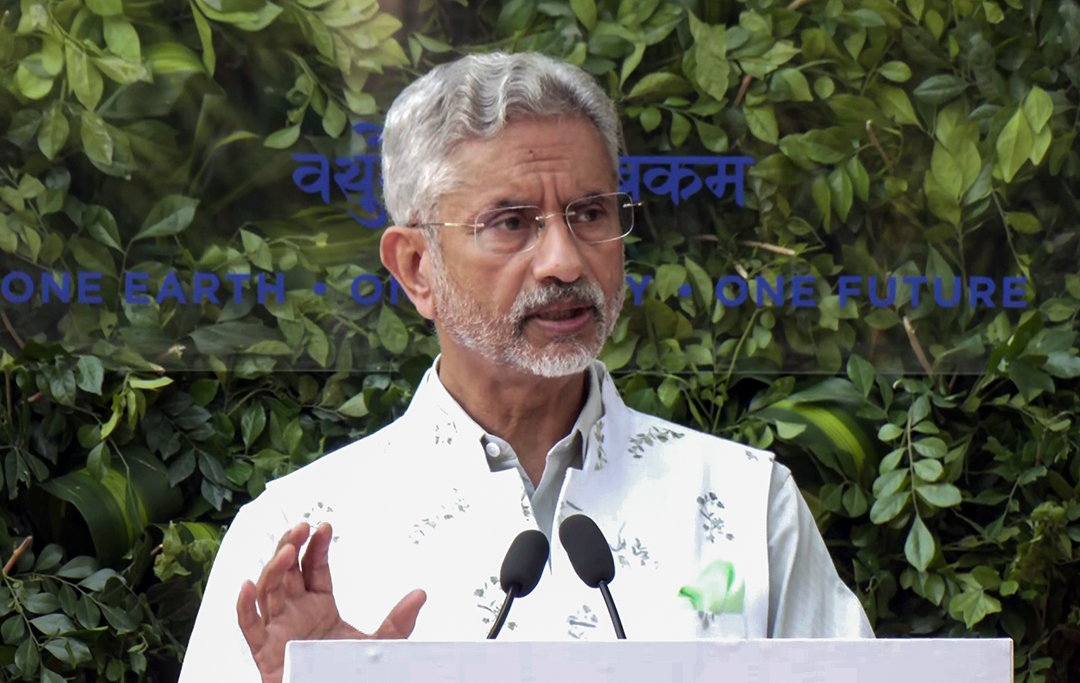India and Ukraine have witnessed a series of diplomatic engagements, with Jaishankar assuring Kuleba in a phone conversation back in August 2022 that the next consignment of Indian humanitarian assistance would reach Ukraine soon...reports Asian Lite News
Ukrainian Foreign Minister Dmytro Kuleba apprised his Indian counterpart, S Jaishankar, of the alarming escalation of terror and mass air attacks by Russia in Ukraine.
The two leaders also discussed “cooperation on the Peace Formula”. Ukraine FM Kuleba also shared with Jaishankar, Ukraine’s vision for the Global Peace Summit of leaders. In response to the escalating situation, both foreign ministers have agreed to convene the first meeting of the India-Ukraine Inter-Governmental Commission since 2018 in the near future. The rejuvenation of this bilateral mechanism is expected to facilitate comprehensive collaboration between the two nations as they navigate the challenges posed by the conflict. In a recent tweet, Ukrainian Foreign Minister Dmytro Kuleba apprised his Indian counterpart, Dr. S. Jaishankar, of the alarming escalation of terror and mass air attacks by Russia in Ukraine. The tweet, posted on the minister’s official Twitter account, highlighted the devastating impact of these attacks on civilians and infrastructure, prompting urgent discussions on finding a peaceful resolution to the ongoing conflict.
“My first call in 2024 was with @DrSJaishankar on Ukrainian-Indian relations. I informed my counterpart of Russia’s recent escalation of terror and mass air attacks, which caused civilian suffering and destruction. We discussed further cooperation on the Peace Formula. In this regard, I informed my counterpart of Ukraine’s vision for the Global Peace Summit of leaders,” posted Kuleba on X. India and Ukraine have witnessed a series of diplomatic engagements, with Jaishankar assuring Kuleba in a phone conversation back in August 2022 that the next consignment of Indian humanitarian assistance would reach Ukraine soon.
The assurance was reiterated in Jaishankar’s tweet, where he stated, “Appreciated the conversation today with FM @DmytroKuleba of Ukraine. Discussed recent developments in the conflict and its continuing global repercussions. Assured that the next consignment of Indian humanitarian assistance will be reaching very soon.” In November 2022 too, Jaishankar had a meeting with Ukrainian Foreign Minister Dmytro Kuleba, during which they discussed the grain initiative and nuclear concerns amid the Russia-Ukraine war. Jaishankar tweeted about the meeting, saying, “Pleasure to meet FM @DmytroKuleba of Ukraine. Our discussions covered recent developments in the conflict, the grain initiative and nuclear concerns.” The ongoing conflict between Russia and Ukraine has not only raised humanitarian concerns but also global repercussions, prompting nations worldwide to engage in diplomatic efforts to address the escalating crisis. Earlier this week, Russian President Vladimir Putin said that Moscow will intensify attacks on military targets in Ukraine after an unprecedented attack over the weekend on the Russian city of Belgorod. The attack left 24 people dead and killed over 100 in Belgorod on Saturday. It came after Moscow launched a large-scale attack on Ukrainian cities. (ANI)
ALSO READ-Backlash over celebrity party in Moscow amid Ukraine war
